The bricks will be able to fit together and create ‘bioreactor walls’ which could then be incorporated in housing, public building and office spaces
The UWE Bristol team is working on the smart technologies that will be integrated into the bricks as part of the European ‘Living Architecture’ (LIAR) project led by Newcastle University.
The smart living bricks will be made from bio-reactors filled with microbial cells and algae.
Designed to self-adapt to changing environmental conditions the smart bricks will monitor and modify air in the building and recognise occupants.
Each brick will contain Microbial Fuel Cells (MFCs) containing a variety of micro-organisms specifically chosen to clean water, reclaim phosphate, generate electricity and facilitate the production of new detergents, as part of the same process.
The MFCs that will make up the living engine of the wall of smart bricks will be able to sense their surroundings and respond to them through a series of digitally coordinated mechanisms.
Professor Andrew Adamatzky, LIAR Project Director for UWE Bristol, said, “The technologies we are developing aim to transform the places where we live and work enabling us co-live with the building.
“A building made from bio-reactors will become a large-scale living organism that addresses all environmental and energy needs of the occupants.
“Walls in buildings comprised of smart bricks containing bioreactors will integrate massive-parallel computing processors where millions of living creatures sense the occupants in the building and the internal and external environmental conditions.
“Each smart brick is an electrical analogous computer. A building made of such bricks will be a massive-parallel computing processor.”

.gif)



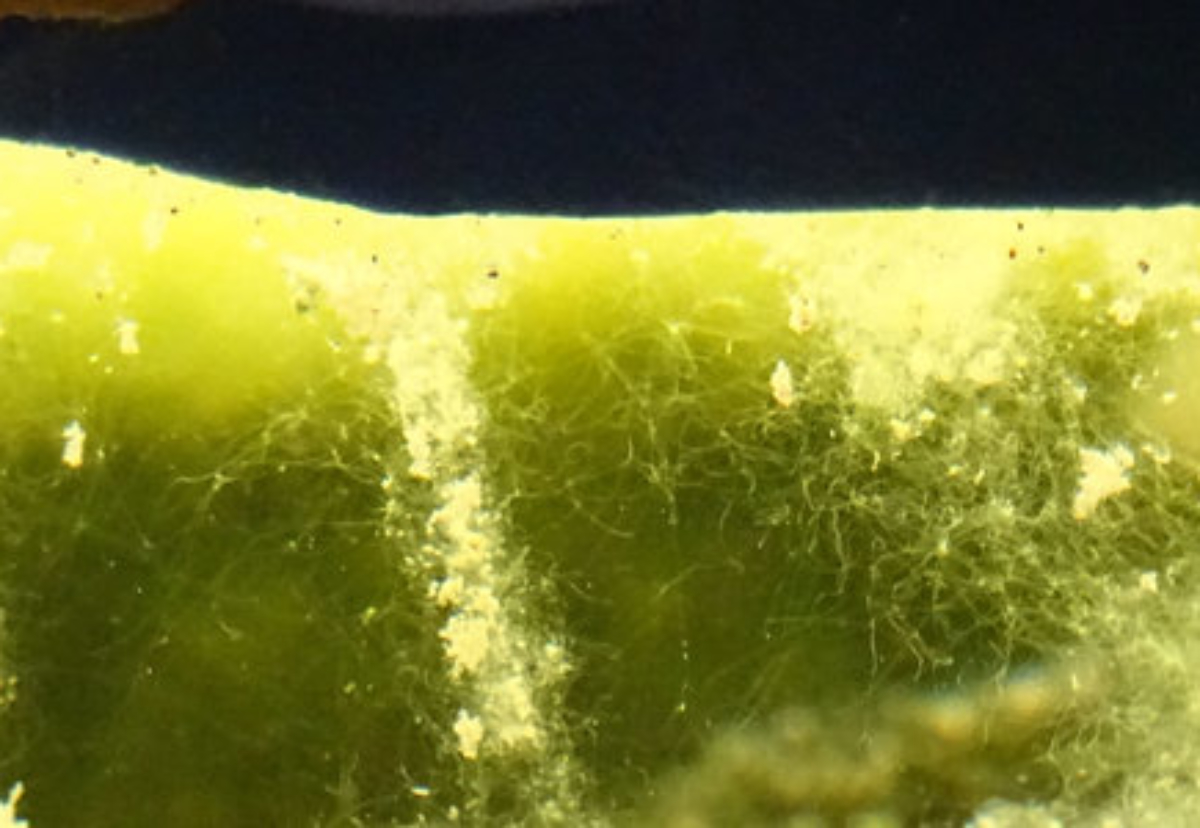



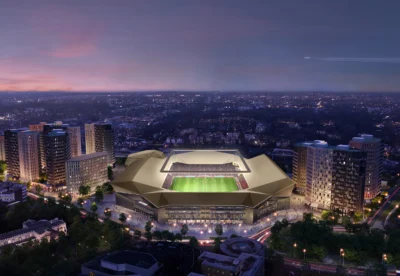
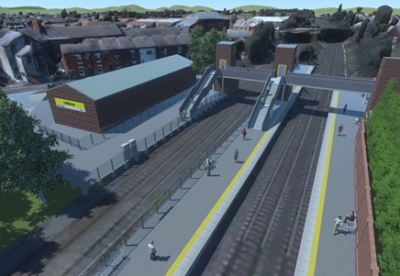
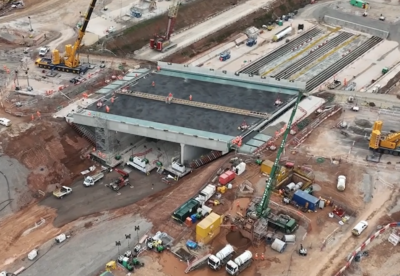

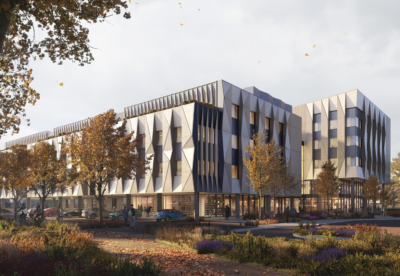
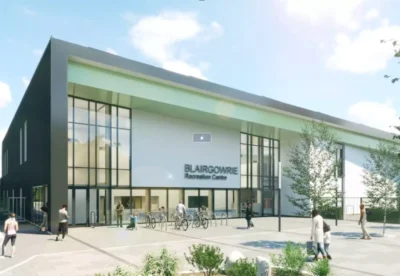
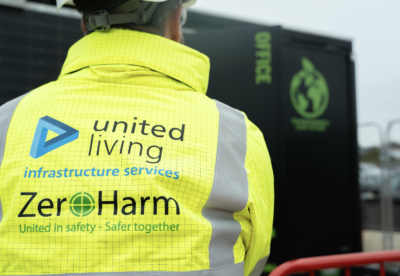

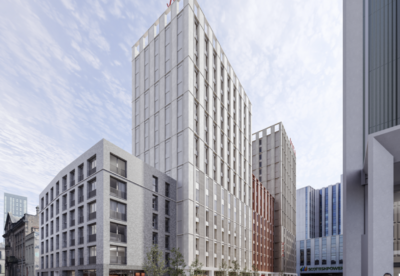
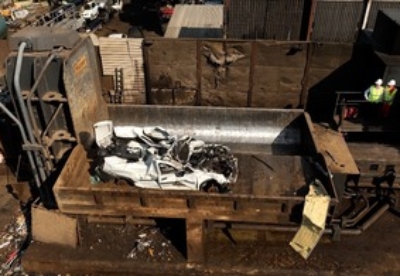

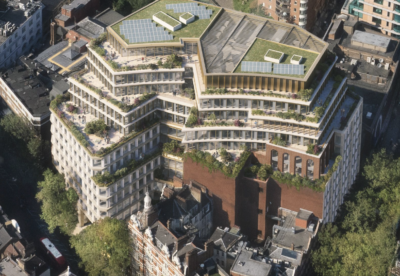
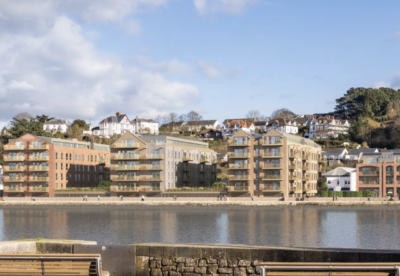
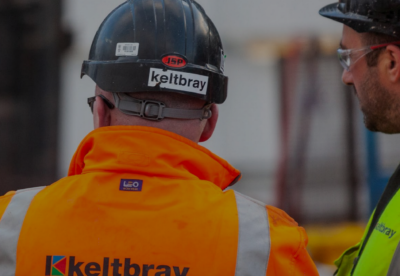

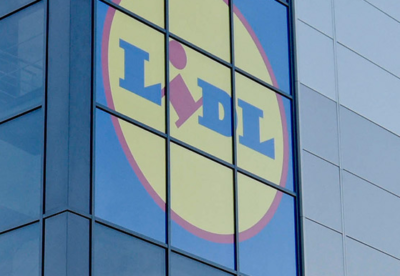
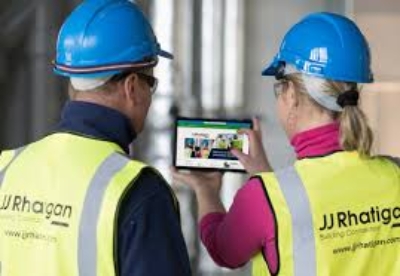
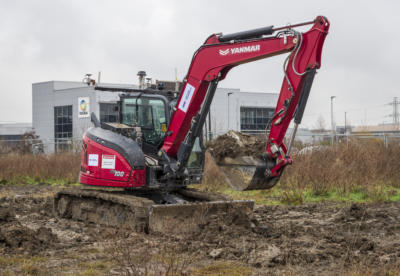

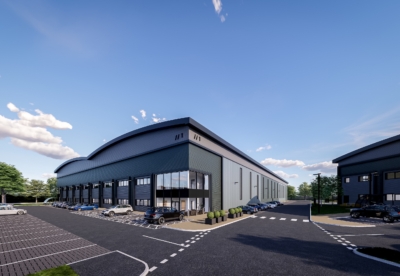
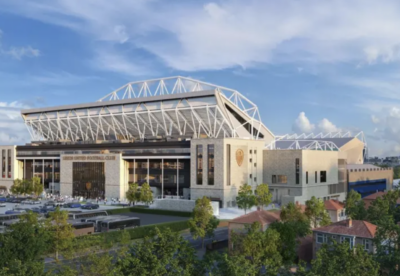

 (300 x 250 px).jpg)

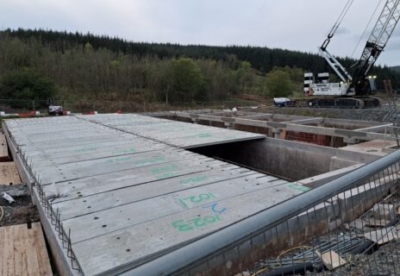
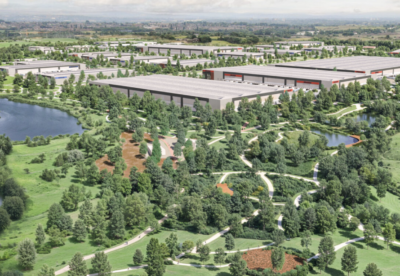
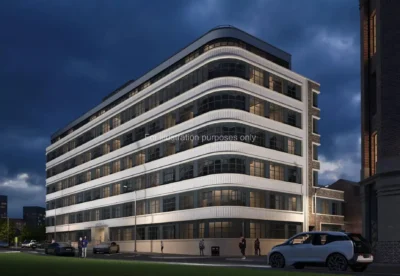




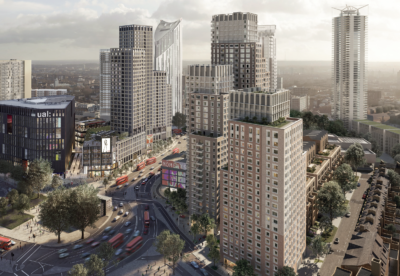
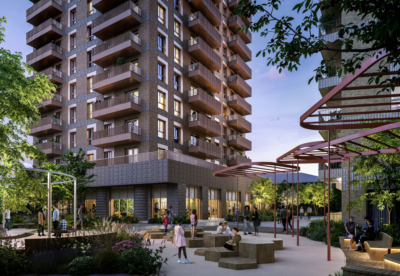

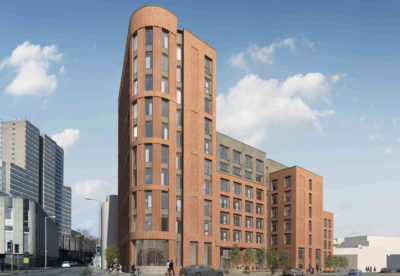


.gif)










